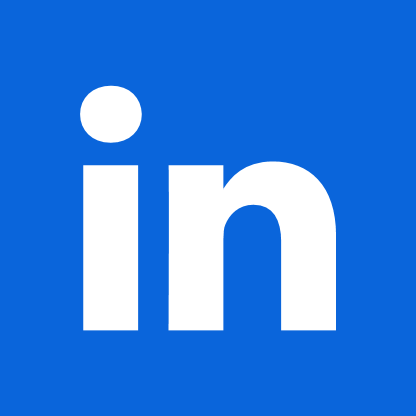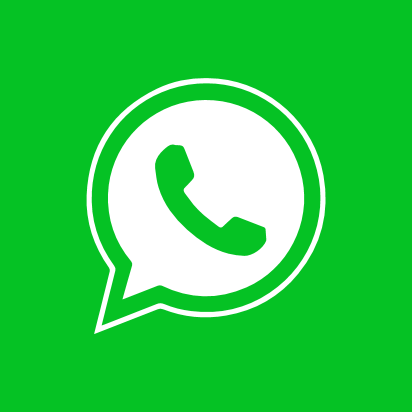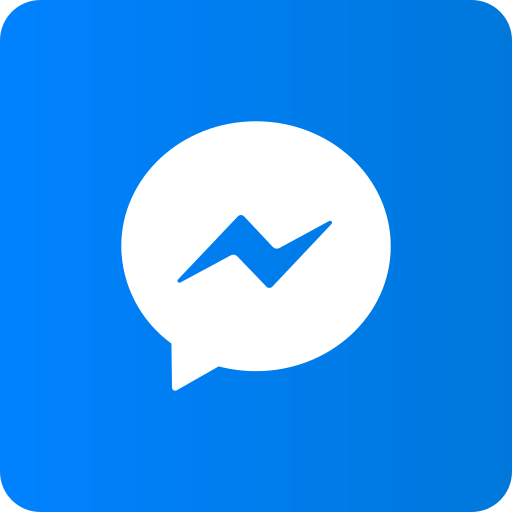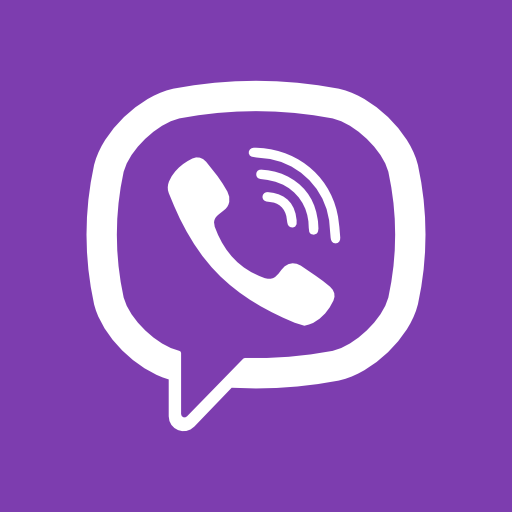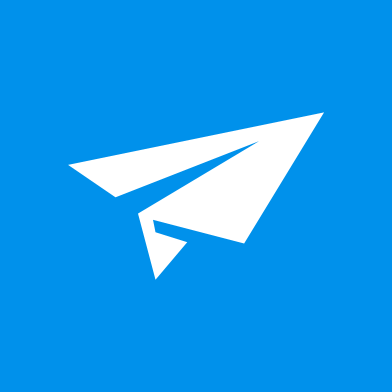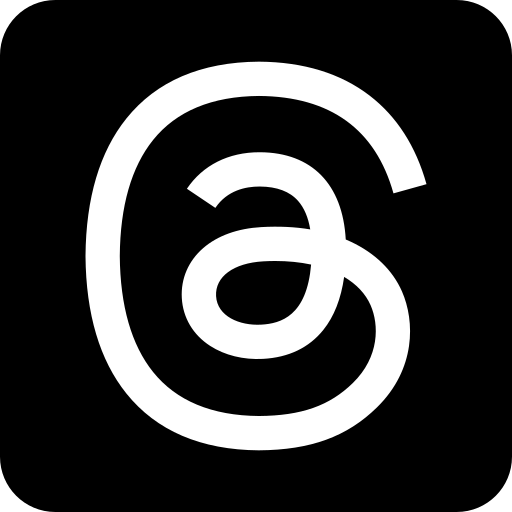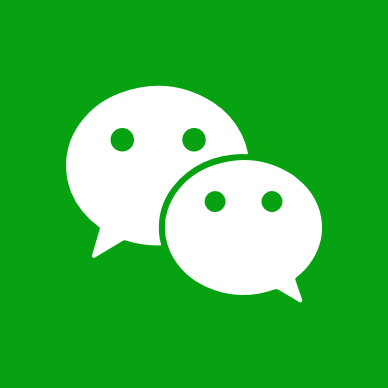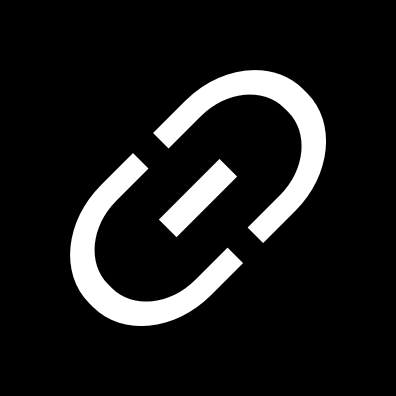13 Amazing tricks to WOW in a job interview
Let's be honest, job interviews are not fun. They can be stressful and applicants often don't feel confident going in, but if you come prepared and change your approach, you can breeze through the experience and outperform the competition.
If you are sick and tired of job interviews and just want to get through it and land that job, then I advise you to discover a new approach here. The techniques and tricks in this guide are not for the faint-hearted, but the bold who want to be different and persuade their way into the interviewer's mind.
You don't have to follow each and every rule here. See what works for you and go for it. Most of these techniques I employed myself with great success while others I learned from my clients.
-
1. Take a profound book with you to a job interview

They say that you can truly know someone by the books they read. Bring a profound book to a job interview that you think will impress the interviewer. Choose a book that reflects the personality and attitude of a committed, professional, and creative person or whatever impression you want to give.
Pretend to be reading the book while you are waiting. When your turn comes, enter the room and place the book visibly on the table. I myself have used this trick with success. More often than not, the interviewer will ask you about the book, which will turn into a great conversation leaving a different and memorable impression of you in the interviewer's mind.
-
2. Ask the interviewer why they called you

Before the interviewer starts with their questions, take the initiative and ask them what they liked about your résumé and why they think you are fit for the position.
By forcing them to answer that question, they will subliminally reinforce your value in their mind and enumerate your strong points with their own words. This is a great psychological trick that sets a positive environment right from the get-go.
-
3. Use a business card

In addition to your résumé, you should have a business card. Bring a few to the interview (because you don't know who will be there) and hand them over to the interviewer in a confident and firm way.
A business card sets you apart from others. It adds a polished, professional touch that a résumé alone can’t provide. While a résumé lists your qualifications, a business card quietly says, “I’m a top-tier professional. This is who I am, and this is what I do.”
-
4. Research the interviewer

If you can find out who will be interviewing you, take the opportunity to research them in advance. Look up their professional background on platforms like LinkedIn, Facebook, and other social networks. The goal is to build a personal connection and show genuine enthusiasm toward their background.
Understanding their role, experience, and interests can help you tailor your responses in a way that resonates with them. You can also personalize the interview with occasional small talk not directly related to the role.
Additionally, use this knowledge to ask thoughtful, relevant questions. Being proactive shows genuine interest and preparation. You may ask: “I saw that you’ve worked in both product development and operations; how do those departments collaborate here?” or “Given your experience in [their field], what do you think ...?”
-
5. Research the company

Before the interview, research the company very well and use that information to ask questions that show you did your homework and have genuine interest in working there.
You can collect this information from the company website, LinkedIn, and social media platforms. Look for future projects, current plans, competitors, products, services... The more you appear to know about the company, the better.
-
6. Use mirroring

Mirroring is when you subtly imitate the behavior, speech patterns, body language, or tone of the person you're interacting with. It is an established technique to build rapport and make the other person feel more comfortable and connected to you. It is very important to do it naturally and effortlessly so that it doesn't look premeditated.
Examples of mirroring:
- Speak with the same tone and pitch as the interviewer.
- Replicate body gestures like crossed hands or crossed legs.
- Echo common phrases used by the interviewer.
-
7. Admit mistakes or weaknesses

Even if the interviewer didn't ask you, the ability to admit previous mistakes or a chronic weakness shows that you are open to criticism and easy to work with. It also shows that you are honest, sincere, and credible.
Make sure that whatever weakness or mistake you decide to reveal is minor and does not sabotage your chances of getting the job or undermine your skills or knowledge.
-
8. Use the interviewer’s name

Start your sentences with the name of the interviewer as often as possible. Using someone's name in a conversation has a magical effect on people. For example, if they ask you, “Why should I hire you?” you can reply, “Mr. John, I believe I can make a difference here...” The usage of their name will make the statement more powerful and realistic.
-
9. Don't ask about benefits ever

Don't bring up the topic of salary or benefits even if the interview finishes and the interviewer doesn't mention it. In a job interview, it is all about what you can do for the company, not what they can do for you. You will have enough time later to inquire about anything else once you are accepted and receive an offer.
-
10. Wear and sit comfortably

Candidates who do not conform to the usual attire can be perceived as having more power because they are not inclined to wear what others do.
You should definitely look as professional as possible, but a touch of confidence is also required. Wear just enough to satisfy the minimum expected attire with a little flair to appear stylish.
Sit respectfully but comfortably. You want to give the impression that you are peer to peer with the interviewer. Don't be too timid and crumble on yourself; extend as needed for volume and stance.
-
11. Small project for the company

If you have the time, do a small project to demonstrate your skills and show interest in the role. It can be as simple as a proposed plan or improvement.
-
12. Run the interview backwards

Politely ask if you can start by asking them questions. Frame it like: “Would it be okay if I first learned more about your biggest challenge right now, so I can tailor my responses accordingly?” This instantly flips the power dynamic and shows confidence.
By asking the interviewer to describe their pains and problems, it is no longer about you doing a job; you are now a problem solver who came to save the company. This goes along with the advice of being different and remembered, which, as you have noticed by now, is a recurring theme in this guide.
-
13. Ask the questions in the interviewer’s head and answer them

You know your job very well and have taken many interviews up to this point. You should know the questions by now and have a clear idea of what to expect. Try to anticipate the next question in the interviewer’s head, ask it, and then provide a prepared answer.











